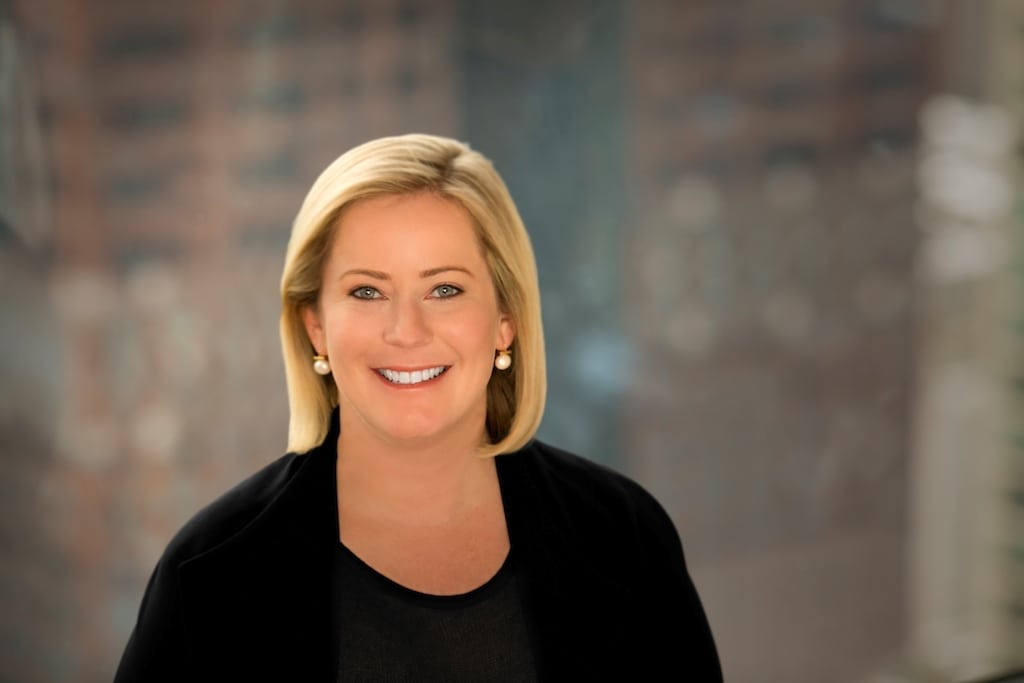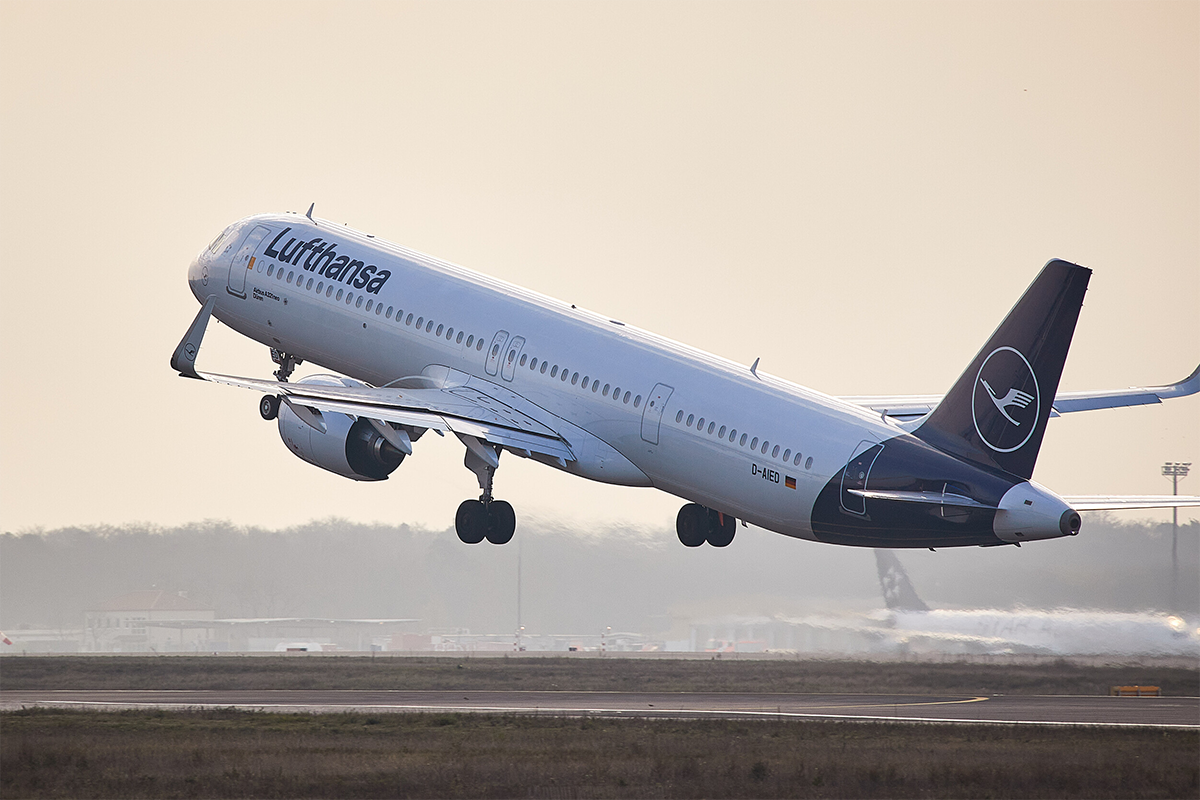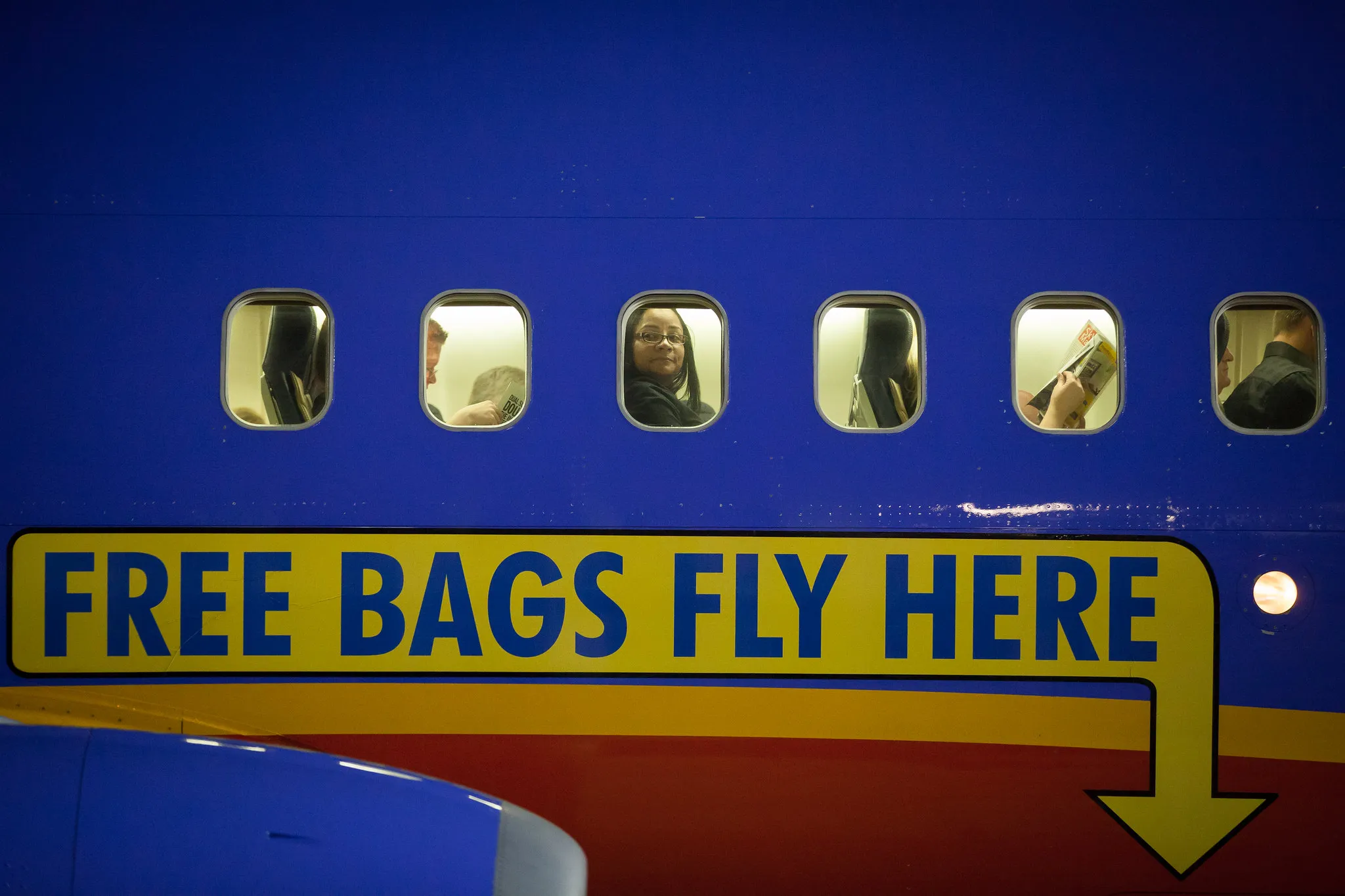Interview: Preferred Hotel Group CEO on Adapting to Consumer Habits

Skift Take
Editor’s Note: This interview is part of Skift's CEO interview series. This particular series is with hospitality CEOs talking about the Future of the Guest Experience and the evolving expectations and demands of hotel guests. Check out all the interviews as they come out here. Also, enjoy the previous series on the Future of Travel Booking, with online travel CEOs.
Preferred Hotel Group was formed in 1968 by 12 North American hoteliers as a referral organization for hotels. It went through a global expansion phase as well as several changes, including a shift from a non-profit to for-profit corporation, before coming under ownership of the Ueberroth family.
The group today comprises of more than 650 independent hotels in more than 85 countries and offers its members services including sales, marketing, revenue management, and reservations.
Within the collection, there are several different collections created for specific customer bases including Preferred Family, Preferred Golf and Preferred Pride. The group also launched a loyalty program, a first for independent hotels, in 2013.
This interview is one of four part series in which Skift investigates the state of independent hotel collections through CEO interviews and market research. Follow the rest of the series here.
Preferred Hotel Group and similar organizations Leading Hotels of the World and Small Luxury Hotels of the World are unique from hotel chains like Marriott International or Hilton Worldwide for a number of factors including ownership models, pay structures, and branding.
These international chains; however, are now investing in independent hotel collections of their own, driven by consumer demand for more boutique, local hospitality experiences. Starwood launched the Luxury Collection in 1998 through its acquisition of Sheraton, Marriott launched the Autograph Collection in 2010 Hilton Worldwide launched the Curio Collection in June 2014.
Skift recently spoke to Preferred Hotel Group Lindsey Ueberroth about the allure of independent hotels, changing consumer habits, global expansion, and increased competition from chain brands. An edited version of the interview can be found below.
Skift: Can briefly tell us about Preferred Hotel Group’s business model?
Lindsey Ueberroth: I will try to put it in the most simplified terms. What Preferred Hotel Group and the brands underneath are set up to do is a full-service turnkey provider of global sales, marketing, technology and distribution. Other consultative services include having frequent flyer or loyalty programs. The most important part for us is having this overarching quality assurance program that allows consumers to understand that even though these hotels are independently owned and operated, they have an expectation of quality in terms of services, product, and facilities. We don't own or manage hotels but we provide all the services a chain would without making them put a brand name on the side of the building.
Skift: What are the guidelines for the hotels that join Preferred Hotel Group?
Ueberroth: That really runs the gamut. What's so unique about the space we're in is, by nature of being independent, hotels are not bound by the traditional guidelines that a hard flag chain would mandate. We don't have a maximum or minimum number of rooms; it's really based on brand standards that we've put in place. We have a quality assurance program and determine which brand the hotel goes into based on three or four factors including, destination, location within the destination, and the facilities and services that the physical property provide. These criteria help us determine of the portfolio brands that the hotel would be best suited and ultimately allows the consumer to find the perfect hotel for their travel needs.
Skift: What are the fees do hotels pay to be a part of Preferred Hotel Group?
Ueberroth: There are really two types of fees. There are annual fixed fees, which are really brand fees for all the sales, marketing, and distribution support that we provide hotels. Each brand has its own set of fees and it’s in part based on the number of rooms. There are also transaction fees for reservations.
This is a good point of clarification of how we operate versus the chains and is probably true of other brands like ourselves. We have what we refer to as a pay for performance model. Hotels only pay us for reservations that come through our channels and they only pay on room revenue, which is unlike chains where they pay a percentage of total revenue.
Skift: Has this changed at all? Has the business model always been this way or has it shifted in recent years?
Ueberroth: This is really how the model's been set up in terms of fee structures. What has changed very dramatically, especially on the reservation side of it, is the channels that reservations are coming through. When my family bought this company 11 years ago, the majority of business came through global distribution systems, which is how travel agents book, and call centers. The GDS is still strong but you're seeing so much more come through the mobile and all of the electronic distribution channels. That's where you're seeing a pretty major shift in addition to big metasearch sites like Kayak and Trivago, those meta that are then pushing through to our brand website. It's really more just a shift in where the business is originating for us.
Skift: Has the inventory of hotels that you work with changed at all in recent years?
Ueberroth: It's changed dramatically. The number of hotels has more than doubled, from under 300 to more than 650, in the last 10 years.
I will put it into the context that the company has more than doubled in the last 10 years in terms of number of hotels. From under 300 to over 650. We add 80 to 100 hotels on average, but certain areas of the world have had pretty significant growth. Asia, India and China are obviously big growth areas, but we’re also starting to see a lot of growth in the Middle East and Northeastern Africa.
Geographically it's definitely shifted as well in terms of growth.
Skift: Is this driven by the changing demand of your customers?
Ueberroth: I think about this two ways. First, I think that consumers are traveling further away than they used to, which is being driven by trends like multi-gen travel and boomers who now have time and money to spend. But what's really happening is that there are certain markets that in the past had been predominately chain oriented and are now seeing that running and owning an independent hotel has a lot of viability. By partnering with companies like Preferred, they can successfully do that in a global landscape. This wasn't always the case. Certain markets like China, which were very chain focused, now really like the independent hotel market. All of a sudden there's demand for independent hotels.
Skift: Very interesting. Let's talk a little bit about your customers. What's the demographic of your customers and has that been changing at all in recent years?
Ueberroth: We’re lucky because we have a very broad demographic and that's partially because we have five brands that cater to very different, what we like to call, lifestyle opportunities. Our brands fall in the upper upscale to the high-end luxury. Demographically you're probably going to go from low 30's all the way up until the matures. These travelers are very well educated, seek an independent authentic hotel experience, and spend more time looking for that experience. They're not as focused on wanting or needing the consistency that chains push upon you. They're more adventurous.
People like to make fun of them, but the millennials are definitely a driving force behind this because they love to be online and do a lot of research and this segment really appeals to them. We're seeing a lot of growth in that area and then they’re influencing the boomer and the older generations
Skift: What are your largest source markets?
Ueberroth: The United States is the largest followed by the UK, Canada, Germany and Australia all in the top five.
Skift: What about marketing? How have your marketing channels changed and which is the most important today?
Ueberroth: Obviously we're spending a lot more energy on marketing through electronic and social media channels because that's where a lot of people are doing their research. There’s been a shift; there used to be a much larger spend on traditional print media.
We're also spending a lot more time talking about experiences versus destinations or physical hotels. Some people still say, “I want to go to London,” but we’re finding a lot more travelers looking for a family trip, golf vacation or romantic getaway. We're spending a lot more time serving up experiential marketing that helps them get to the hotels that meet those criteria. It's been a shift in that perspective.
Skift: As travelers gain awareness of these independent hotels and experiential travel, do you see competition increase between yourself and similar hotel marketing organizations?
Ueberroth: Great question. I find that we're not necessarily competing with similar organizations as much as we're competing with the chains that now want to get into the independent hotel space, brands like Marriott’s Autograph Collection, Hilton's Curio Collection or Starwood’s Luxury Collection. That's where we're seeing an increase in new competition. I think the organizations have always complimented each other, but now you have much larger international chains that have launched their own versions. That's new competition that didn't exist.
Skift: What are the challenges and opportunities for a company like yours moving forward?
Ueberroth: The largest challenge is probably just an increase in the competition from the chains. That's the newest one. I don't see many challenges. Really there are a lot more opportunities because I really look at this as the age of independence. The traveler now has access to so much information. In the past, the chains provided this comfort and consistency, you knew wherever you went around the globe that it’d look almost exactly the same and there was a comfort in that. Now, with the advent of all these different ways to search for hotels and look at reviews, the consumer not only has a great confidence in staying at independent hotels but that's actually what they're looking for, what they really want.
Independent hotels are by nature authentic to a destination and provide an experience that is so different from what you can get at a lot of chain properties. We think that there's going to be a huge growth in desire and demand for this type of hotel and travel experience. That's the beauty of being independent — you can be nimble and change to meet consumer demands and needs much more quickly than chains that have to make a chain-wide change. We're able to react to what's happening in the marketplace much more quickly.
Skift: You talked a little bit about the millennials and how they're playing a bigger role in Preferred’s business. In addition to marketing changes, what else needs to be done to meet changes in guest expectations?
Ueberroth: The one thing that we've been pretty consistent on is that we don't want to ignore the millennials. I’ll take our loyalty program as an example. We launched a points based loyalty program a year ago and were the first global independent hotel company to do this. We found that the difference between a millennial and a boomer is that boomers are much more focused on recognition and value whereas millenials are more focused on what’s in it for them right that second. They want instant benefits. When we launched our loyalty program, we wanted to cater to both: have instantaneous benefits to make millennials happy but also provide ways for other demographics to get tiered status and recognition. We’re having to look at all the different ways we communicate and market and make sure that we talk to all audiences, not just ignore one. If you look at what we’re doing in social media, we’re obviously catering to a different audience than maybe what we’re doing on other channels to cater to an older demographic.
Skift: What about independent hotels? Do you see that independent hotels are doing everything they need to in order to stay relevant today? Either that or just any changes that you're noting int he guest experience at these independent hotels that's driving this demand.
Ueberroth: As I said before, they have the ability to be much more nimble because they are an independent. At the same time that's why they partner with organizations like Preferred. When you are one stand alone hotel, you really need the support. How do you leverage the knowledge that you need to stay ahead of the curve? That's what we provide; a lot of consulting and best practices and services that allow them to stay at the leading edge of these things. For example, we have these inspections that take place where an inspector comes in, stays two nights, and does an inspection on the hotel. This serves a purpose, but we found what was happening online with review sites was more important.
We provided a tool that basically aggravates the top 20 review sites in their market to give them real time, instantaneous feedback about what customers are saying about not only their property but their competitive set. This is what's allowing hotels to do a better job of responding to guest needs and demands. Really what you want to be able to do is manage that experience not only before they go there, but definitely while they're on property. They're posting and reviewing while they're there. To be able to give the hotel a tool where they can actually respond, whether it's a positive or negative response, is incredibly powerful.
If a hotel sees somebody posting pictures of celebrating a birthday on their property then they can deliver a birthday cake or amenity to the room. If a guest is having a bad experience or the bathroom is backed up then the hotel can find maintenance. Those are all things that we believe make the customer experience much more powerful and memorable. We want to make sure that we can give them those tools that allow them to stay ahead of the curve.





